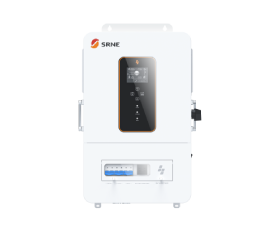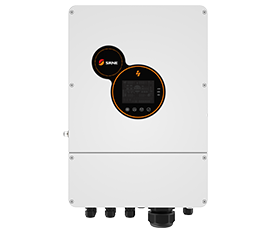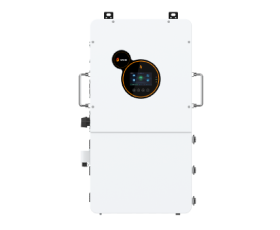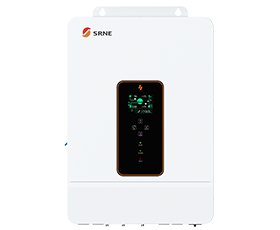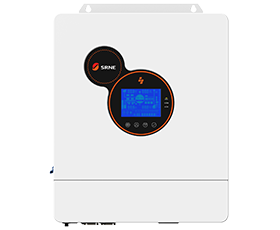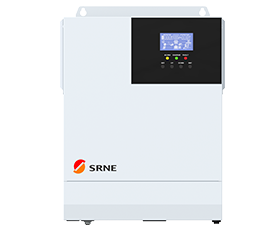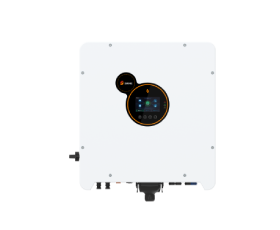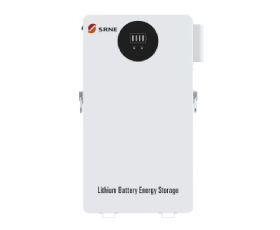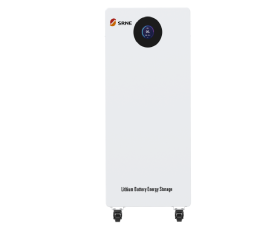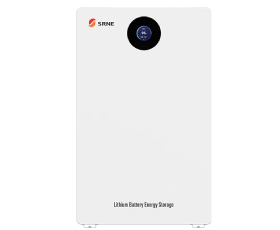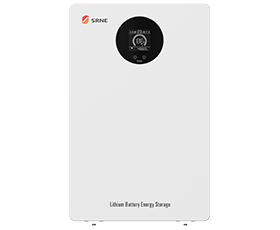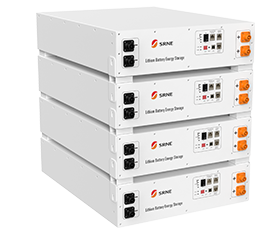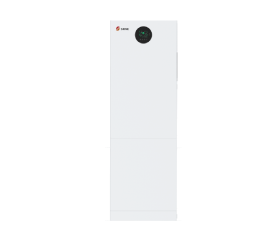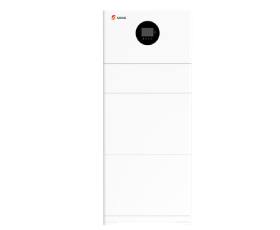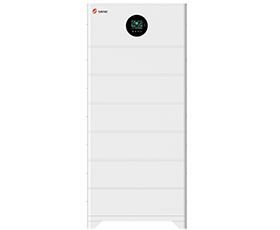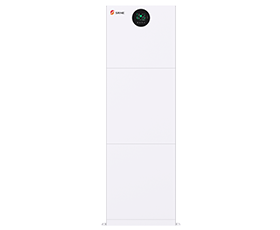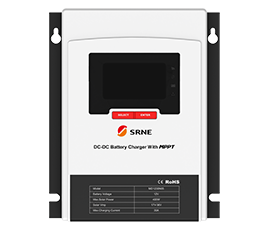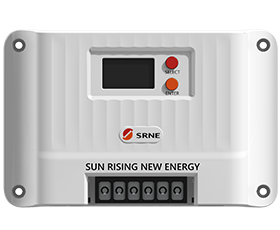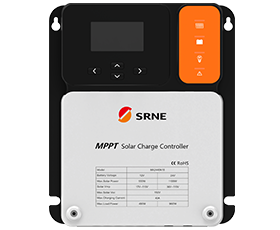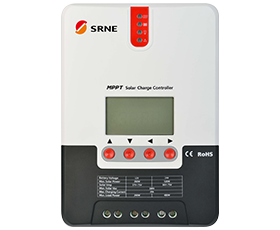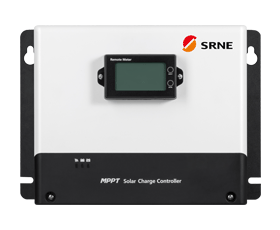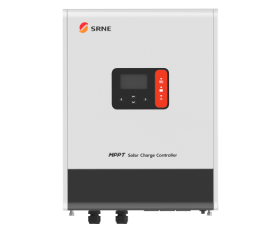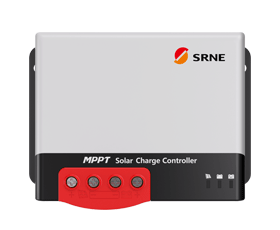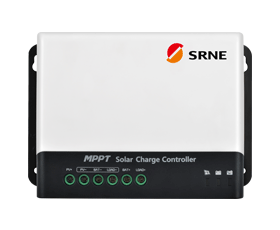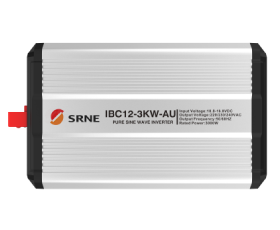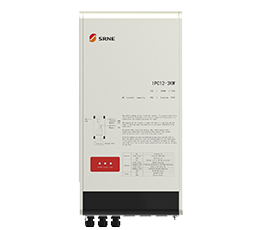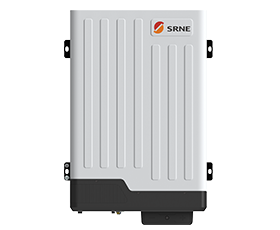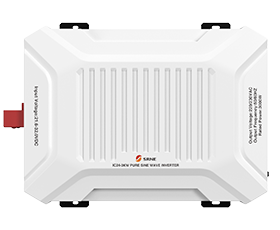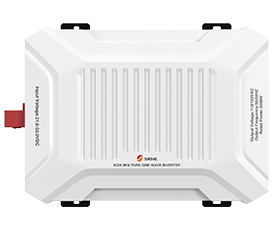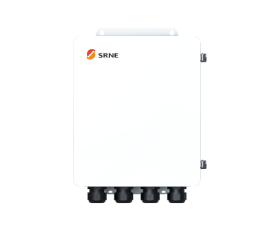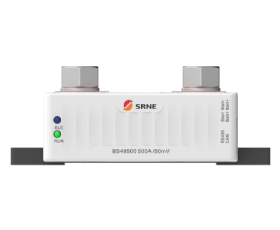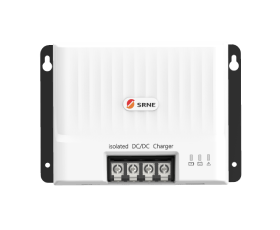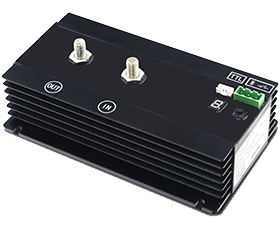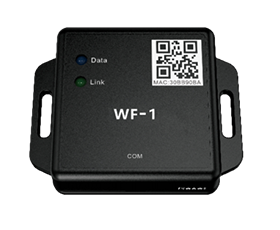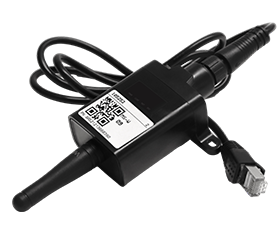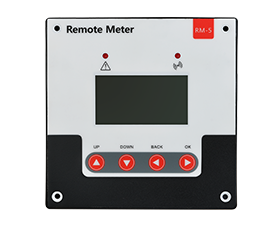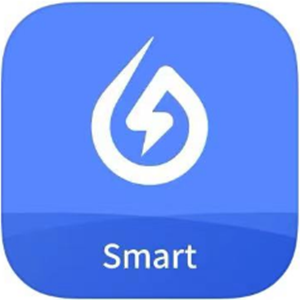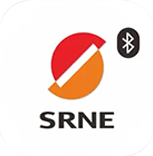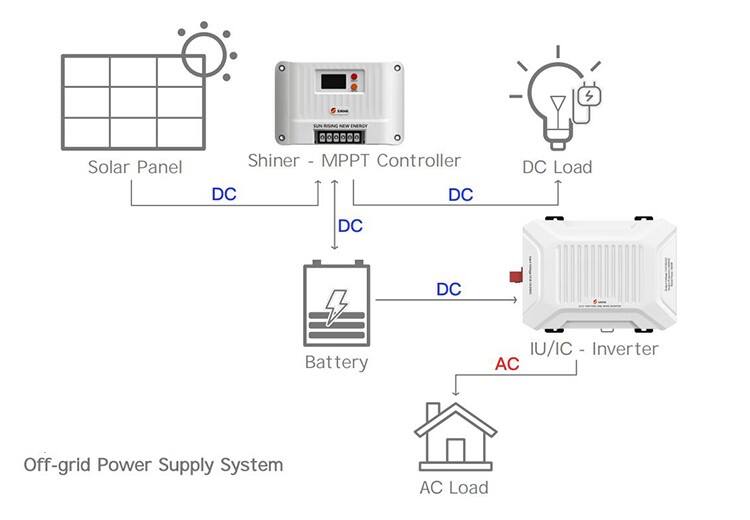Solar Charge Controller | Importance,Types and Applications
The Importance of Solar Charge Controllers
Solar charge controllers are a critical component of any solar power system. While solar panels capture sunlight and convert it into electricity, they do so in an unpredictable manner due to variations in sunlight intensity. Without proper regulation and control, this can lead to damage to your batteries, inefficient energy production, and even safety hazards. In this blog post, we will delve into the importance of solar charge controllers and why they are an indispensable part of your solar setup.
1.Battery Protection:
Solar charge controllers play a crucial role in safeguarding your battery bank. They prevent overcharging, which can cause batteries to heat up, release harmful gases, and ultimately reduce their lifespan. Similarly, they prevent deep discharging, which can also harm batteries. By maintaining batteries within their safe voltage range, charge controllers ensure your energy storage system lasts longer and operates efficiently.
2. Optimizing Energy Production:
Solar panels operate at their maximum efficiency when they receive the right amount of voltage and current. Charge controllers help achieve this by adjusting the power output from the panels to match the requirements of the batteries. This optimization ensures you get the most out of your solar panels and generate as much electricity as possible.
3. Safety First:
Safety is a top priority in any electrical system, and solar charge controllers contribute to that safety. They prevent electrical overloads and short circuits that can occur in the absence of proper control. This not only protects your equipment but also reduces the risk of electrical fires.
4. System Longevity:
A solar power system is a significant investment, and you want it to last for many years. Solar charge controllers help extend the lifespan of your entire system by protecting critical components like batteries and inverters from unnecessary wear and tear. This means fewer replacement costs and more sustainable energy production over time.
5. Adaptability to Environmental Changes:
Weather conditions and sunlight intensity can vary greatly. Solar charge controllers adapt to these changes, ensuring your system operates optimally even when conditions are less than ideal. For instance, during cloudy days or low-light periods, the controller can adjust the charging parameters to make the most of available sunlight.
What are the 2 types of solar charge controller?
Solar charge controllers are essential components in solar power systems that manage the flow of electricity from solar panels to batteries, ensuring safe and efficient charging. There are two primary types of solar charge controllers: Pulse Width Modulation (PWM) controllers and Maximum Power Point Tracking (MPPT) controllers. In this blog post, we will explore these two types in detail, discussing their features, benefits, and ideal applications.
Pulse Width Modulation (PWM) Controllers:
Operation:PWM controllers regulate the voltage and current from the solar panels to the batteries by rapidly switching the connection on and off. This pulse width modulation technique effectively maintains the battery voltage at a specific level.
Features:
- Simplicity: PWM controllers are straightforward and reliable, making them suitable for small to medium-sized solar systems.
- Cost-Effective: They are typically more affordable than MPPT controllers, making them a budget-friendly choice.
- Ideal for Maintenance-Free Batteries: PWM controllers work well with lead-acid and gel batteries, which do not require frequent maintenance.
Maximum Power Point Tracking (MPPT) Controllers:
Operation: MPPT controllers employ advanced algorithms to continuously track and optimize the solar panel's maximum power point (MPP). They adjust the voltage and current to ensure the panels operate at their peak efficiency.
Features:
- Efficiency: MPPT controllers are highly efficient, often exceeding 90%, which means they can harvest more energy from the solar panels.
- Compatibility: They are compatible with a wide range of solar panel types and sizes, making them versatile.
- Flexibility: MPPT controllers can handle variations in solar panel orientation and environmental conditions, maximizing energy production.
When choosing a solar charge controller, it's essential to consider your specific needs and the characteristics of your solar power system. PWM controllers are suitable for simpler, smaller setups with fixed panels, while MPPT controllers are ideal for larger systems and those subject to changing conditions. By selecting the right type of controller, you can optimize the performance and longevity of your solar power system while maximizing your energy production and efficiency.
Solar Charge Controller Applications
Solar charge controllers, though relatively small in size, play a significant role in the efficiency and longevity of solar power systems. These controllers are essential for managing the flow of electricity from solar panels to batteries, ensuring proper charging and protecting batteries from damage. In this blog post, we'll explore various applications of solar charge controllers and how they optimize solar power generation.
Off-Grid Residential Systems:
Solar charge controllers are commonly used in off-grid residential solar power systems, where homeowners are not connected to the electrical grid. Key applications include:
- Battery Charging: Controllers ensure that solar energy is efficiently stored in batteries for use during the night or when the sun is not shining.
- Battery Protection: They prevent overcharging and deep discharging of batteries, prolonging battery life and preventing potential hazards.
Grid-Tied Residential Systems with Battery Backup:
In grid-tied residential systems with battery backup, solar charge controllers play a crucial role in managing energy flow:
- Battery Charging: When excess solar energy is generated, controllers ensure that the surplus energy is used to charge backup batteries.
- Emergency Power: In case of a grid outage, the stored energy in batteries is made available through the charge controller and inverter to power critical loads.
Off-Grid Remote Applications:
Solar charge controllers are vital in remote and off-grid applications, where access to the electrical grid is limited or unavailable. Examples include:
- Telecommunications: Solar-powered cell towers and remote communication equipment rely on charge controllers to maintain reliable power.
- Agriculture: Solar-powered water pumps, irrigation systems, and equipment in remote farming areas are controlled and powered by charge controllers.
RVs (Recreational Vehicles) and Campers:
For RVs and campers, solar charge controllers enable energy independence and flexibility:
- Battery Maintenance: Controllers regulate the charging of RV batteries from solar panels, ensuring they are optimally charged and maintained during outdoor adventures.
- Portable Solar Panels: Charge controllers can be used with portable solar panels to charge batteries while on the move.
Boats and Marine Applications:
Solar charge controllers are valuable for boats and marine vessels:
- Navigation Equipment: They power essential navigation and communication equipment on board, reducing reliance on engine-driven generators.
- Battery Charging: Controllers manage the charging of batteries used for auxiliary systems and lighting.
Solar Street Lighting:
Solar charge controllers are used in solar street lighting systems to ensure efficient energy management, extending the life of batteries and ensuring reliable illumination.
Remote Monitoring Systems:
Charge controllers are employed in remote monitoring systems, such as weather stations, to ensure uninterrupted operation and data collection.
Hybrid Systems:
In hybrid renewable energy systems that combine solar power with other energy sources (e.g., wind or diesel generators), charge controllers ensure the seamless integration and optimal use of multiple energy inputs.
Agricultural and Rural Electrification:
In rural areas and agricultural settings, solar charge controllers are used in electrification projects to power lighting, small appliances, and water pumps.
Solar charge controllers have a wide range of applications in diverse sectors, ensuring the efficient and safe utilization of solar energy. Whether in residential, remote, mobile, or industrial settings, these controllers are essential components for maximizing the benefits of clean and renewable solar power.
Benefit of SRNE Shiner Series MPPT Solar Charge Controller:
SRNE Shiner Series features advanced MPPT technology with a tracking efficiency of up to 99.9%, allowing for the most efficient capture of solar energy. It supports simultaneous full-power charging and discharging, providing you with exceptional energy flexibility. Whether you are using sealed batteries, gel batteries, flooded batteries, lithium batteries, or user-defined batteries, our product seamlessly accommodates them all. Moreover, we are also compatible with lithium batteries and lead-acid activated batteries, making it highly versatile.
Our product also supports charging current and full-charging settings, as well as temperature compensation, ensuring optimal charging efficiency and battery lifespan. Furthermore, we offer up to 17 different load operating modes to meet various application needs, including capacitive and inductive loads.
For convenient monitoring and performance analysis, our product can store historical data for up to 200 consecutive days and supports multiple communication protocols, including RS485, TTL, Bluetooth, and CAN communication. Additionally, the product incorporates comprehensive charging and discharging protection mechanisms, including overvoltage, overcurrent, overload, over-temperature, short circuit, and more, ensuring system safety.
We utilize high-quality aluminum radiators and high-temperature derating treatment to guarantee reliable and efficient operation in diverse operating conditions. Regardless of the environment, our product delivers outstanding performance and reliability.
Choosing SRNE product means having an advanced, efficient, and versatile solar charge controller. Whether you use it in residential, commercial, remote, or mobile applications, our product provides an excellent solution for solar energy management. It maximizes solar energy utilization, safeguards your batteries, and ensures the stability of your system.




















